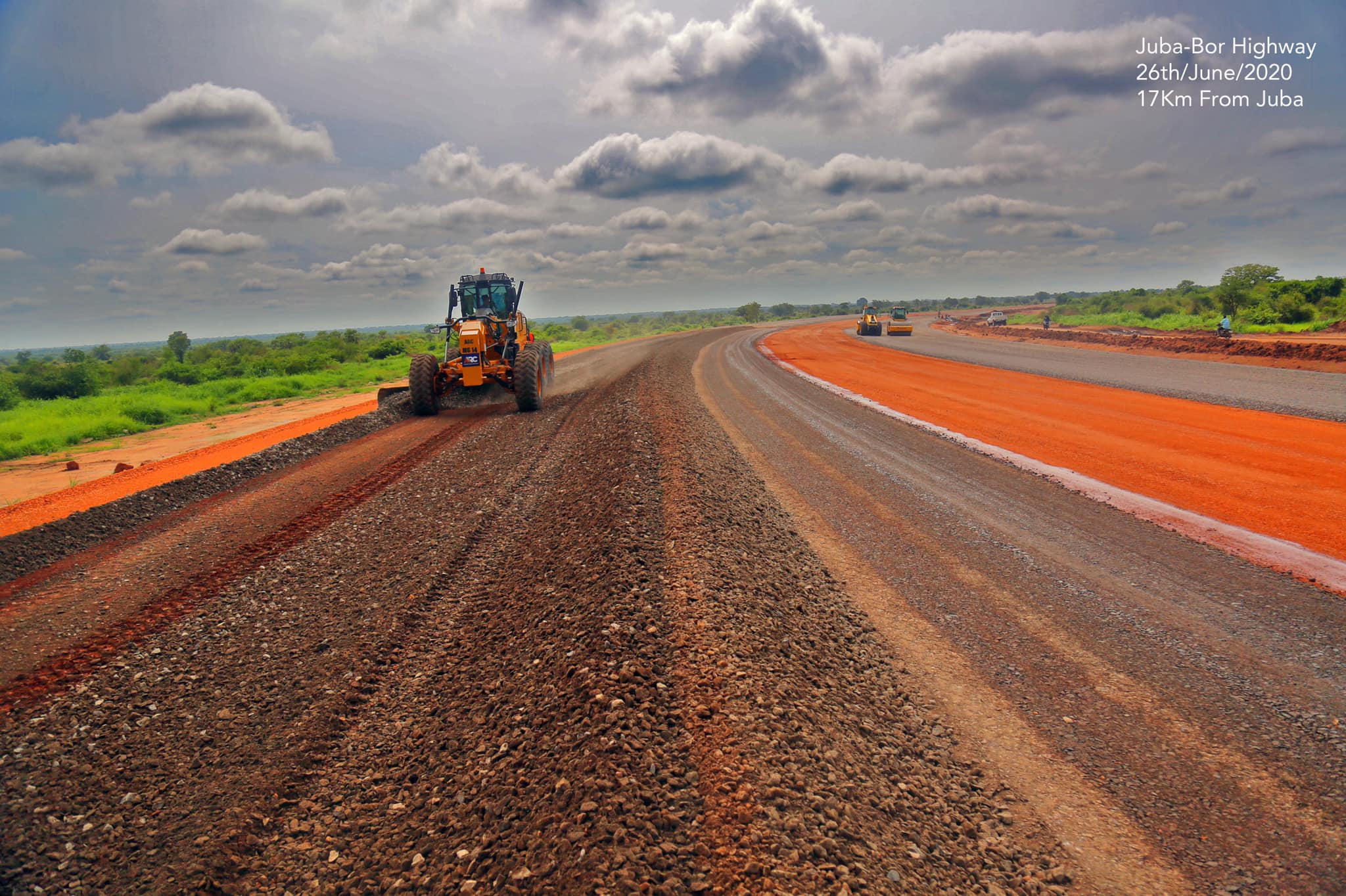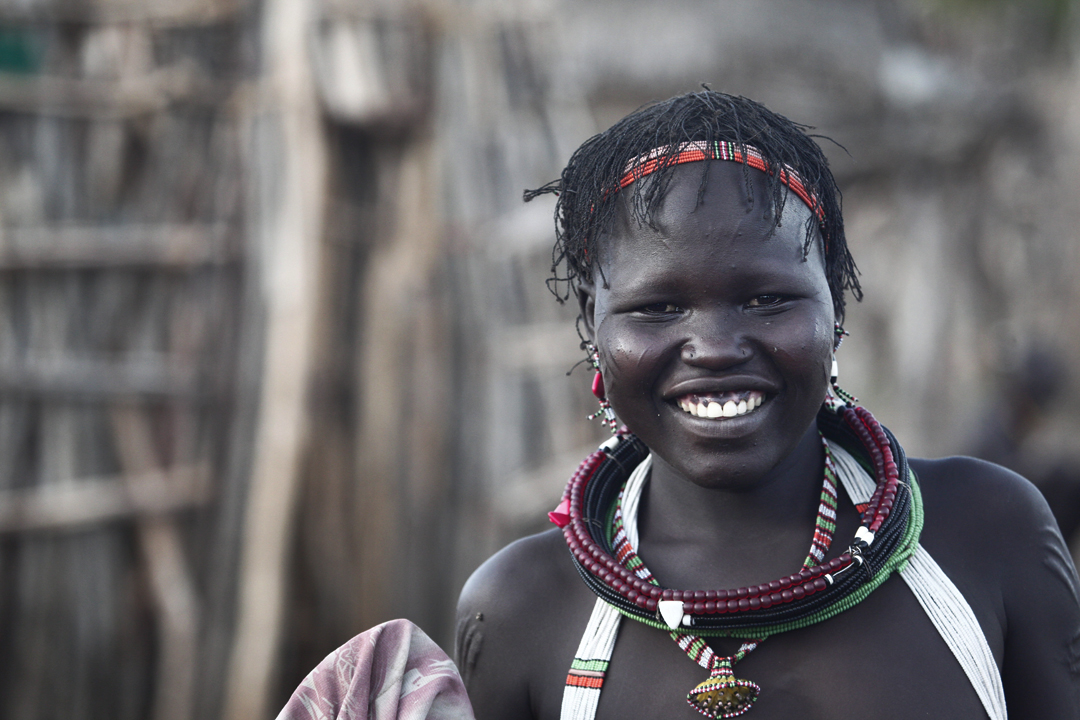All is not lost, the Country has begun moving forward and is destined to succeed ifall the
citizens and trends of South Sudan pull together
he Republic of South Sudan is the world’s youngest nation and Africa’s 54th coun-try, Since independence, on July 9, 2011, South Sudan has
continued to show positive economic recovery with a current growth rate of approximately 3.2% that has slowed down because of reduced imports due to geographic tensions in the north.
Generally, the pace of global expansion is low by historical standards, owing to issues such as; high borrowing costs and withdrawal of fiscal support, Longer-term effects from the COVID-19 pandemic, Russia’s invasion of Ukraine, Weak growth in productivity and increasing geo-economic fragmentation.
The Global headline inflation is projected to decline from 6.8 % in 2023 to 5.9 % in 2024, whereas China’s economic slowdown 4.5%, Chinese growth this year would be the slowest since 1990.
This will likely hurt the large number of advanced and developing economies that depend on trade with China. Agricultural commodity prices rebounded between August 2023 and February 2024, the IMP’S food and beverages price index gained 6.0 percent. As for the Climate change, we expect heavy rainfall and drought affecting cashflow set aside for development in developing countries. The decline of economic growth in South Sudan is not an isolated case, rather it is as a result of the global economic crisis being felt by ev. ery nation as highlighted,
On May 16, 2024, a publication by The International Crisis Group (ICG) sent a warning on South Sudan’s Economy at Risk Due to Disrupted Oil Exports.
The group warned that South Sudan is confronting an economic crisis as the ongoing conflict in neighboring Sudan disrupts its oil exports. Oil revenues are not only crucial for maintaining unity
among South Sudan’s fractious political elites, the International Crisis Group stated, but also represent the gover-ment’s primary source of income. The global international economic crisis has cautioned that the consequences will be severe both for the government funds, and the national currency that will likely plummet in value. Chronic food shortage is predicted in South Sudan due to climate change and other external factors. The challenges felt by South Sudan currently is attribuled to the heavy reliance on one source of in-come, untapped alternative resources that include minerals, agriculture and beef amongst others. Fiscal sources in the form of taxes and government ex penditure in infrastructure is expected to stimulate growth and open up the economy for alternative investments.
Amid South Sudan challenges, all is not lost, the Country has begun moving forward and is destined to succeed if all the citizens and friends of South Sudan pull together. There is no country that develop without sacrificing its early years in infrastructure investments, that may be painful initially but with good returns later on. The government of South Sudan is using the available resources, has invested and focused on developing the Country and its Citizens by building a modern road infrastruc ture. Let us draw in some facts, we have seen the construction roads from Juba to Bor and from Juba to Bahr RI Ghazal and have as the vear 2024, we have several roads at advanced stages with the most important ones at asphalt slage.
The government has successfully cov. ered over eight hundred kilometers of road built to asphalt level and with hundreds of more kilometers being developed at different stages of comple-tion. The inter-state highways and roads are opening the country and unlenshed
economic development potential in South Sudan. Whereas there is need for the government to continue setting funds aside for these enormous project to complete, all patriotic citizens should all be focused on the economic progress of South Sudan, not forgetting the journey and sacrifices she has undertaken to get to where she is. We call on all citizens and friends in the diaspora to pay a visit to South Sudan and experience the growth frsthand.
The leadership of South Sudan is geared to opening up the major transport corridors as one of the single most powerful tool of empowerment across the Country. These developments have already empowered the locals economically and helped them diversify their economic activities including agricul-ture, mining, capacity building of artisan miners and promotion of commercial mining as an alternative revenue stream for the public. The miners are locally sources, trained and empowered economically. Plans are underway to reorganize and empower artisan miners into viable commercial groups with support for entry level modernization and mechanization by the Government of South Sudan. The mining policy is under review with the aim of incorporating transparency within the Ministry Operations where we have an existing public portal showing all activities going on in the mining sector. We foresee exponential growth within the mining sector into a viable revenue stream for
South Sudan has invested in Agriculture with the aim of mitigating the impact of climate change and empowering its citizens by providing work and food. We have approximately 5,000 hectares of arable land under agriculture.
South Sudan as a country and thou sands of homesteads economically empowered in the coming months and years.
South Sudan has experienced easy access for investors and others development partners to participate and contribute to growing the economy of South Sudan. Very few African countries have been able to use their resources to mobilize development at this scale on their own. South Sudan is a young na-lion that does not desire nor need economic mercenaries for hire whose sole objective is to continually undermine this Country’s efforts to self-develop and empowerment of its citizens. Only sworn enemies of this country (individ-ual entities or organized groups) can Alght such a great and economically lib-crating cause. As Mark Twain said, The secret of getting ahead is getting started’ and indeed the Government of South Sudan has already started the Economic Liberation of its people.
Additionally, the untold story is the magnitude with which the Government of South Sudan has invested in Agriculture with the aim of mitigating the impact of climate change and empow-ering its citizens by providing work and food. The government has set aside an initial five thousand hectares sample of arable land that is already undergoing an experimental large scale commercial farming with the aim of opening up to thousands of the South Sudan population who will indulge in agriculture.
Agriculture is the primary economic sector and source of livelihoods for most South Sudanese. South Sudan produces a variety of crops and livestock, such as cotton, groundnuts, sorghum, millet, wheat, gum arabic, sugarcane, cassava, mangos, papaya, maize, simsim, banan-as, sweet potatoes, sesame, cattle, sheep, goats, and flsh. However, agriculture in South Sudan is significantly damaged by conflict and climate driven shocks that affect food security and livelihoods and hence the enormous government inter vention to safeguard the livelihoods of the people of South Sudan.
Another quote by Mark Twain states,
“It is better to keep your mouth closed and let people think you are a fool than to open it and remove all doubt All you need in this life is ignorance and conf-dence, and then success is sure. South Sudan is indeed a Country to watch.



